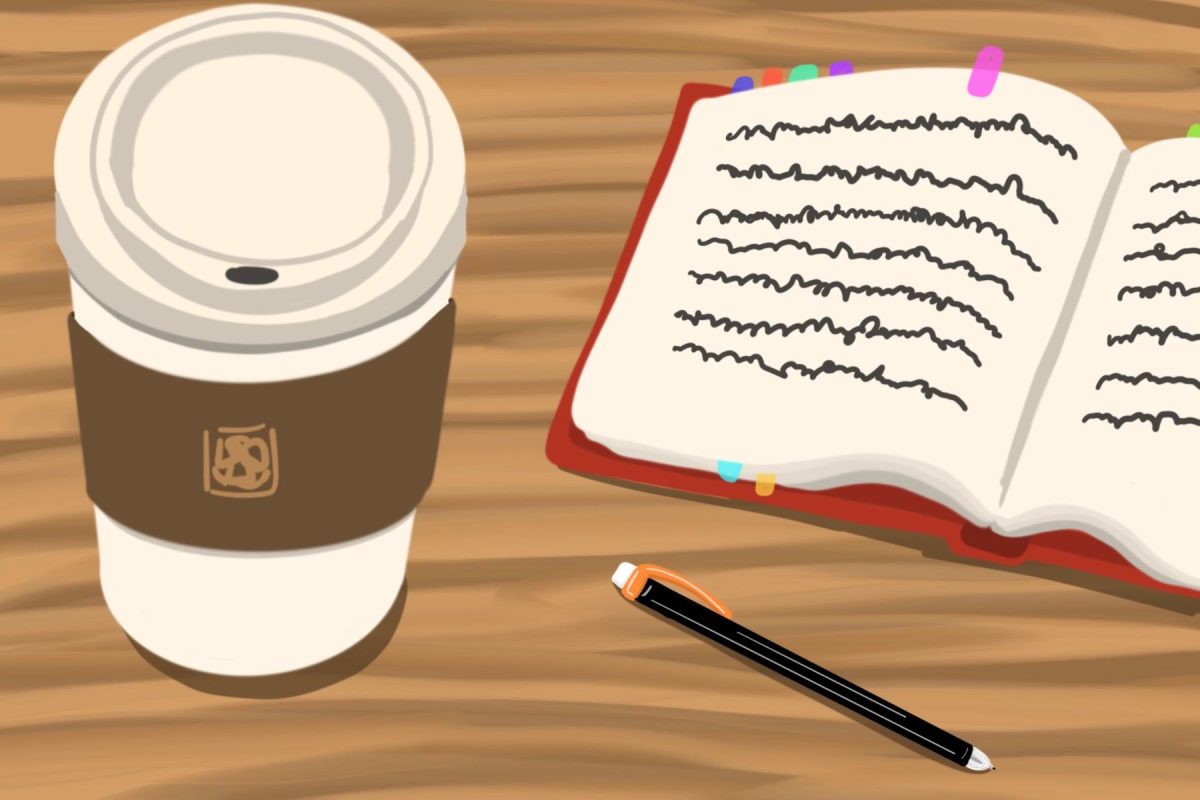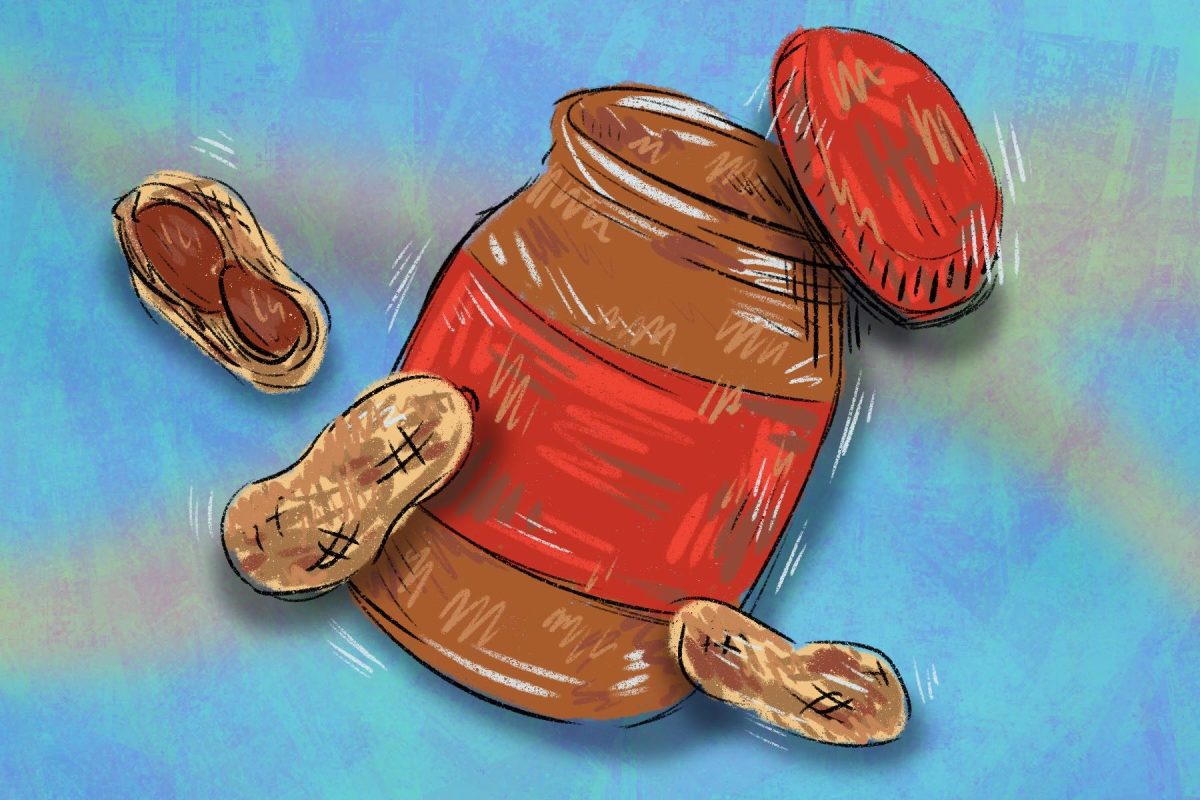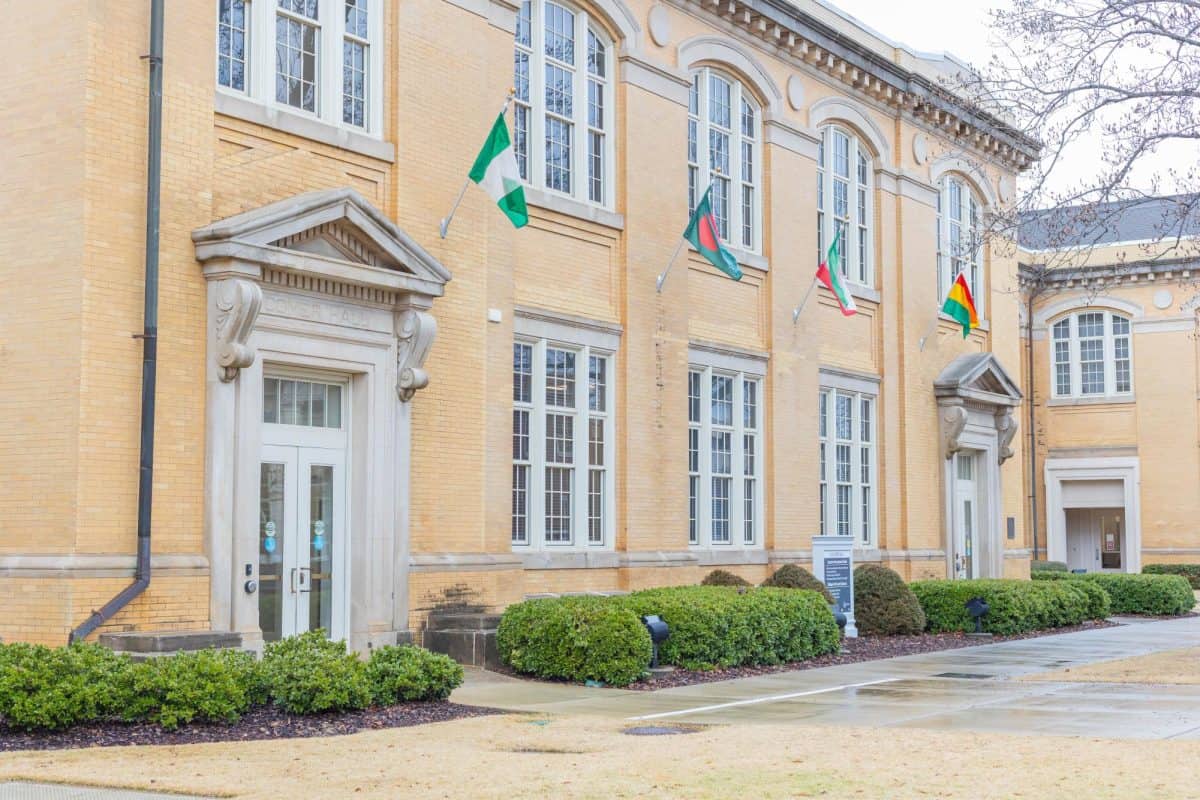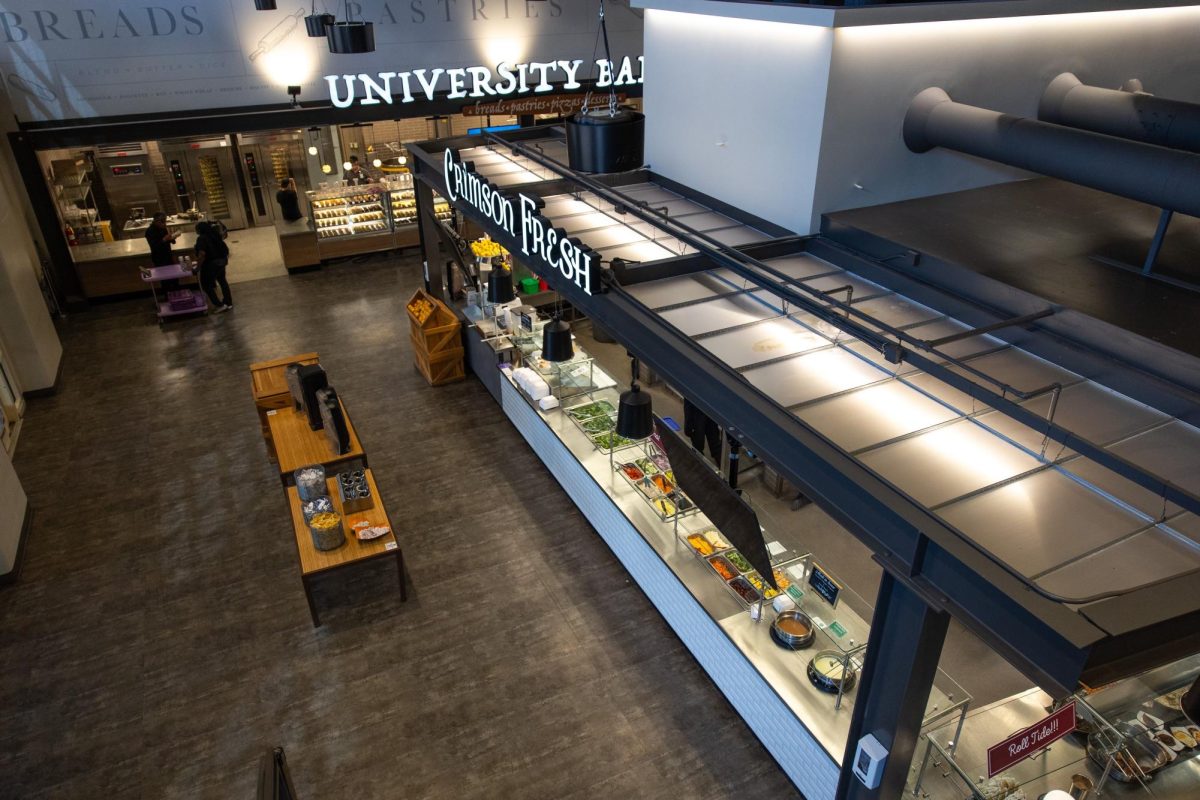Last week, UA Trustee Finis St. John said, when it comes to the administration’s role in addressing the Machine and its influence on campus, he “trust[s] Dr. Witt and his team to deal with those issues.”
We wish we could trust President Witt to deal with those issues, but we have not seen evidence that he is attempting to engage the student body in cultivating a more ethical, transparent and democratic campus.
When The Crimson White submitted a list of questions about the Machine to President Witt in November, he said, in part, “The reaction of the University community and external constituencies to student efforts to exercise political influence will be a function of the manner in which political influence is exercised and the perceived value of the influence.”
Witt’s 75-word statement effectively summarized the factors that will determine the way University stakeholders respond to the Machine without actually acknowledging the Machine. His refusal to speak forthrightly and directly about the organization is an abdication of leadership that comes just as other University leaders are taking part in an important conversation about the future of our community.
University Vice President for Student Affairs Mark Nelson provided very deliberate, detailed answers to a similar list of questions, which were printed in full in the Nov. 21 edition of this newspaper. SGA Vice President for Student Affairs David Wilson has also answered extensive questions about the Machine. In addition to St. John, three other Trustees have talked openly about the Machine, including Paul W. Bryant Jr., the board’s current president pro tempore. St. John even confirmed he was the Machine’s candidate for SGA president when he was a UA student in 1978.
Administrators, students and trustees are all talking about the Machine. It seems the only person still unwilling to talk about it, other than its members, is President Witt.
After Nelson’s comments were published last month, The Crimson White gave Witt the opportunity to revise his answers and sent him a list of follow-up questions. But University spokeswoman Cathy Andreen said Witt’s original response answered all follow-up questions.
Witt’s silence on this topic only gives legitimacy to the idea that the Machine should not be discussed, undermining the many campus leaders who are trying to spark dialogue around the issue. We do not expect President Witt to provide a long-term solution to the challenges posed by the Machine’s operations and influence on our campus. Ultimately, student politics will be resolved by students.
However, we do expect him to communicate openly with members of the University community, instead of repeatedly issuing vague and confusing statements in response to controversial issues.
College should teach us to question our surroundings and work to improve them; a University president who sidesteps important questions and refuses to even acknowledge the influences that impact our campus culture is not a good example for students who will eventually assume leadership roles in the greater society. If President Witt doesn’t want to take a stand on whether the Machine is a good or bad influence on campus, he could at least admit that it is an issue and help make students feel comfortable talking about it.
The time has come for President Witt to stop neglecting public conversation about our campus and its development. If he doesn’t want to communicate with the public through the media or The Crimson White, he can easily speak directly to students and their organizations. But the disconnect between President Witt and the campus community is growing, and his continued evasion of leadership on this issue will only distance him further from the students he serves.
Our View is the consensus of The Crimson White editorial board. Editor-in-Chief Victor Luckerson and Photo Editor Drew Hoover did not participate in this editorial.
Questions submitted to President Witt about the Machine: 1. How did you come to learn about the Machine when you became president of the University? 2. Do you think the Machine is a positive or negative influence on campus? How do you see this influence manifest itself? 3. Have you talked to alumni about the Machine? How do they feel about the organization? 4.What efforts have you or other administrators made to address the Machine and its influence on campus? 5. Do you think more students should speak out against the Machine, as David Wilson did? 6. How do you think the existence of the Machine affects the image of the University of Alabama?
President Witt’s Response: “Any group of University of Alabama students has the right to organize for the purpose of exercising political influence. In the process of exercising political influence, it is expected that such students will abide by University policies and procedures. The reaction of the University community and external constituencies to student efforts to exercise political influence will be a function of the manner in which political influence is exercised and the perceived value of the influence.”








